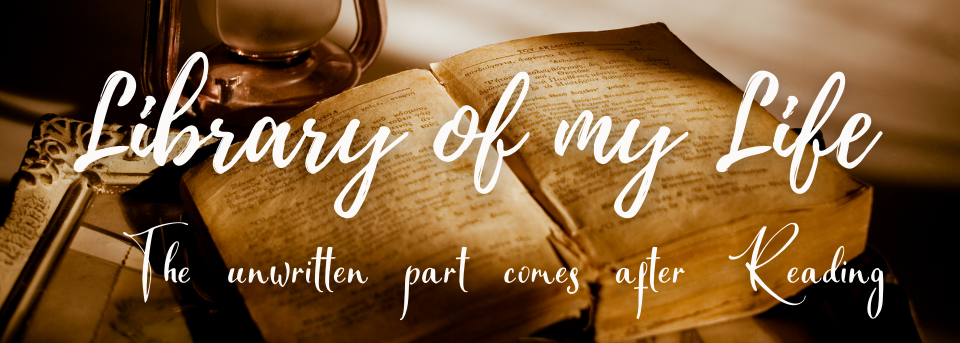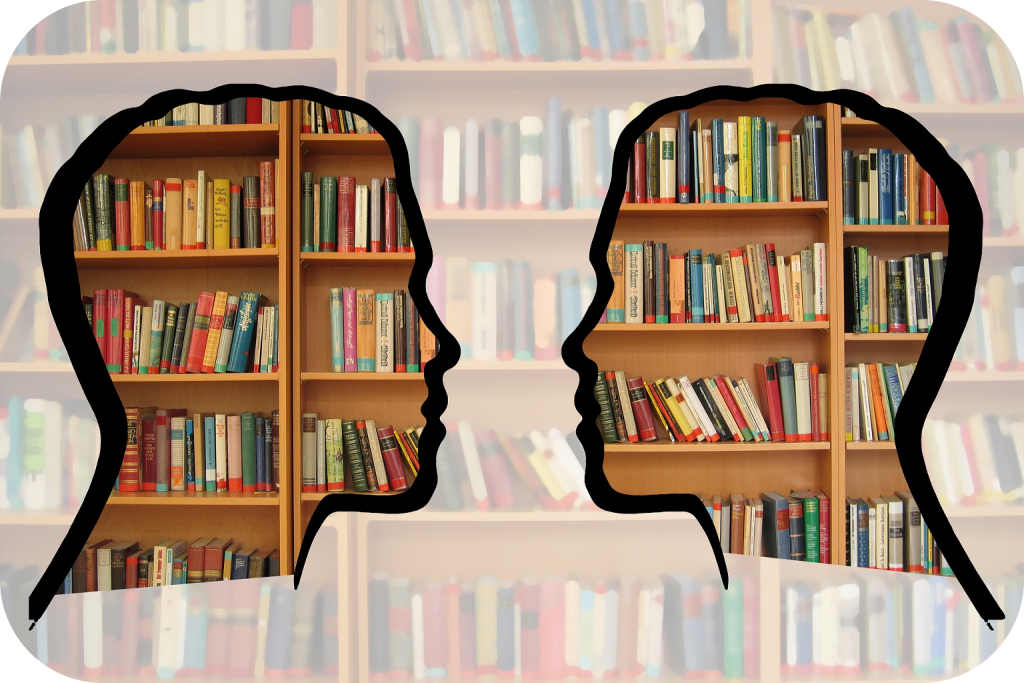

In the vast library of life, there are books that extend far beyond the confines of paper and ink.
Dario Pfeiffer
They are not just stories within book covers, but living companions on a journey that can alter our perspective on existence. Some works are like treasure maps leading us to hidden insights, while others act as mirrors, reflecting ourselves with new eyes.
Let’s delve into the captivating realm of books that have profoundly changed my outlook on life.
Are you ready to turn the pages of the unknown?



Laura Malina Seiler
“EVERY PERSON HAS THE NATURAL RIGHT TO BLOSSOM AND EXPERIENCE THEMSELVES IN THEIR COMPLETE LOVE AND UNIQUENESS. THAT IS WHAT WE ARE TRULY HERE FOR. NOT FOR LESS.”
Alma feels like nothing in her life is falling into place. Despite her earnest desire to simply be happy, everything seems to be stuck in a repetitive cycle of problems. However, one day, a package arrives at her door. Inside it: a letter addressed to her and a notebook.
This marks the beginning of an inspiring encounter with a person who is initially a stranger but somehow feels intimately familiar—an extraordinary elderly woman.
It becomes the starting point for a journey towards self-discovery and newfound insights into life.


“Empty your mind. Be formless, shapeless, like water. You put water into a cup, it becomes the cup. You put water into a bottle, it becomes the bottle. You put it in a teapot, it becomes the teapot. Now water can flow or it can crash. Be water, my friend.”
Bruce Lee
His philosophy of simplicity—“Absorb what is useful, discard what is not, add what is uniquely your own”—made me rethink my life, stripping away the unnecessary. It wasn’t about mastering moves but mastering myself, balancing mind and body, and finding strength in difficult times.
By the end, I realized this book wasn’t just about Bruce Lee’s path—it was about discovering my own.


“I didn’t go up there to die. I went up there to live.”
Rheinhold Messner
Reinhold Messner’s Überleben isn’t just about surviving the world’s most dangerous peaks—it’s a study of the human spirit under pressure. His stories reveal that survival isn’t only physical; it’s a profound mental battle shaped by solitude and a deep connection to nature. Through his reflections, I came to see survival not as merely enduring hardship but as embracing life’s chaos with adaptability and meaning.
The heart of the book lies in Messner’s perspective: survival is a mindset, not an act of heroism. It’s about finding strength in fragility and courage in vulnerability. By the end, Überleben left me thinking not only about survival in extreme conditions but also about surviving life itself—with authenticity, resilience, and hope.

